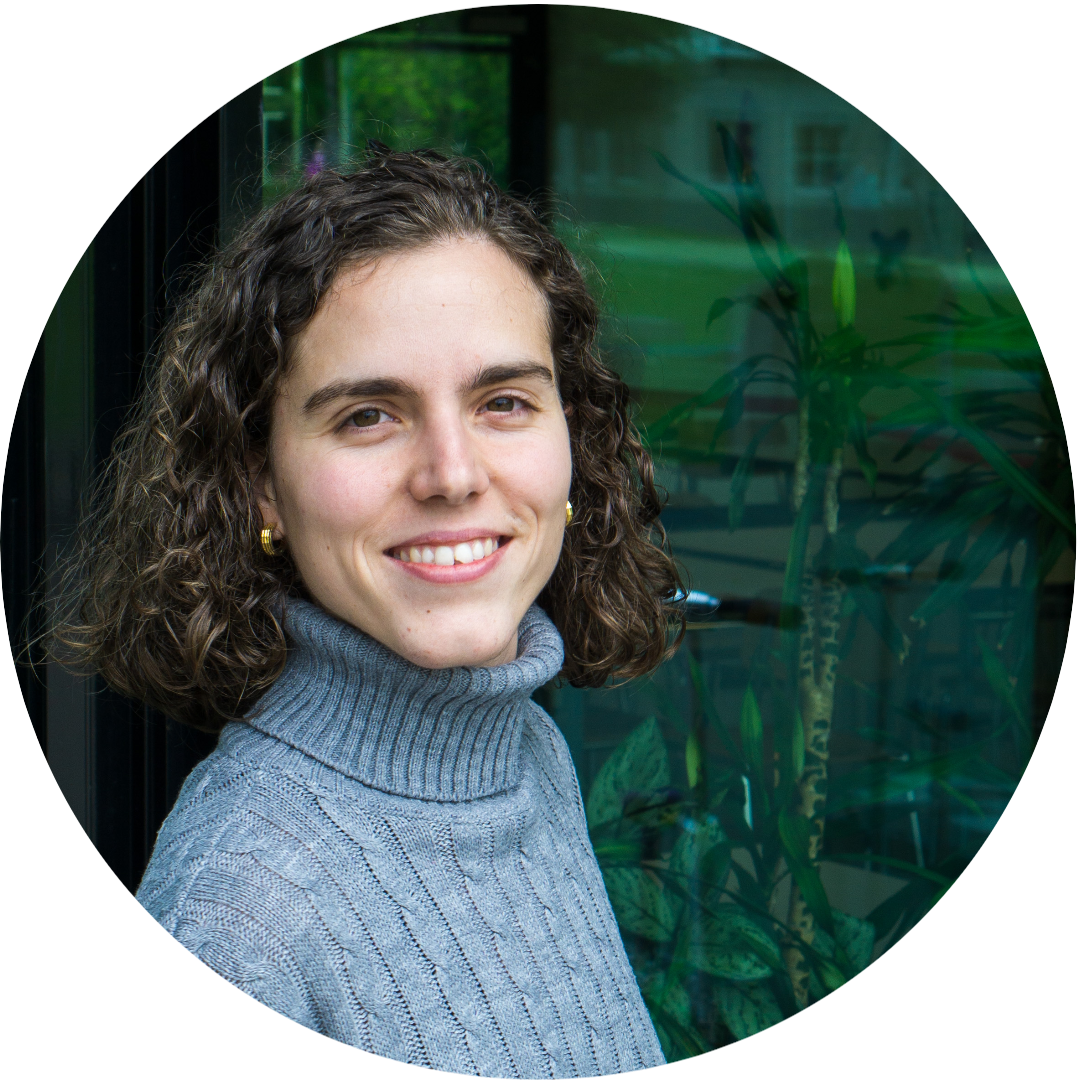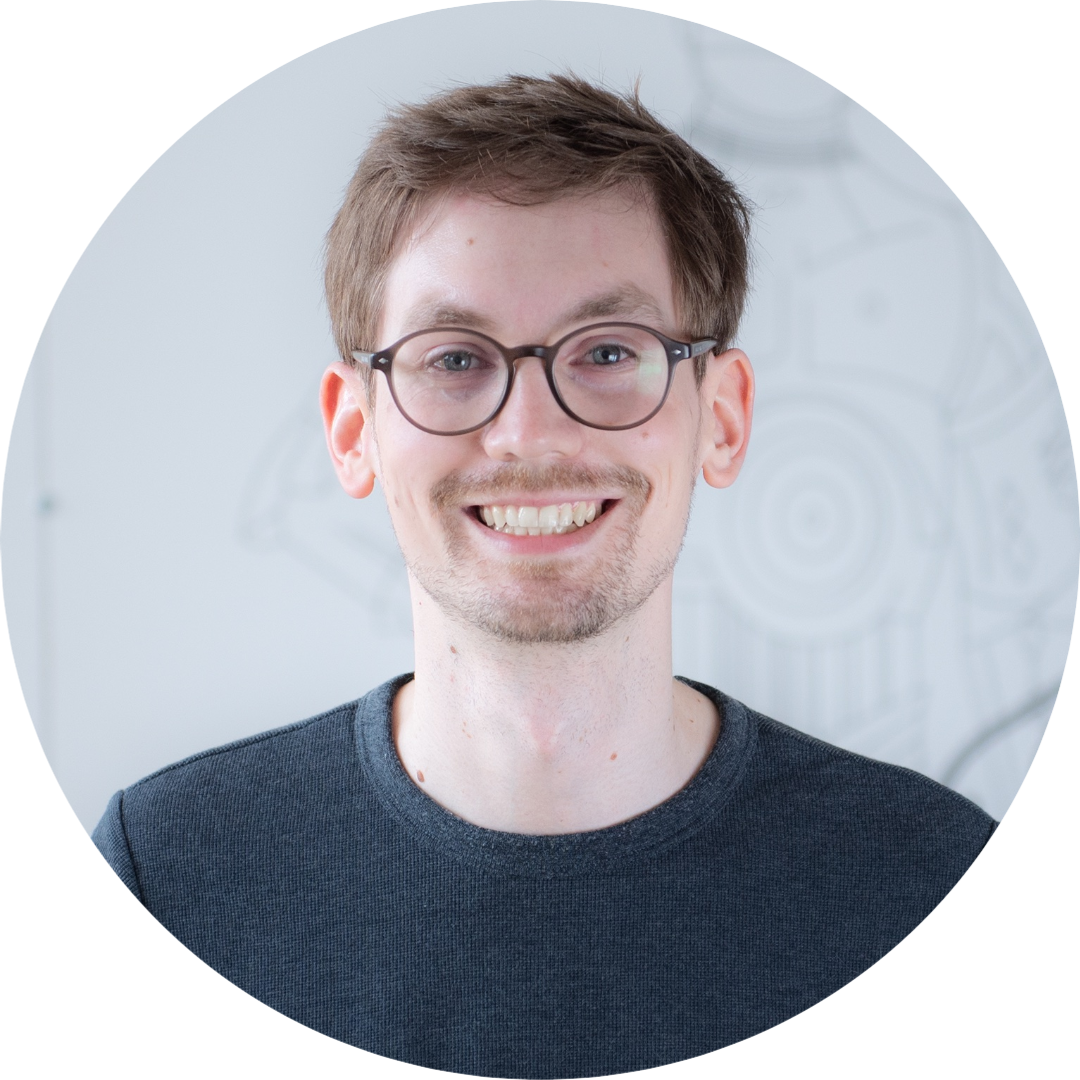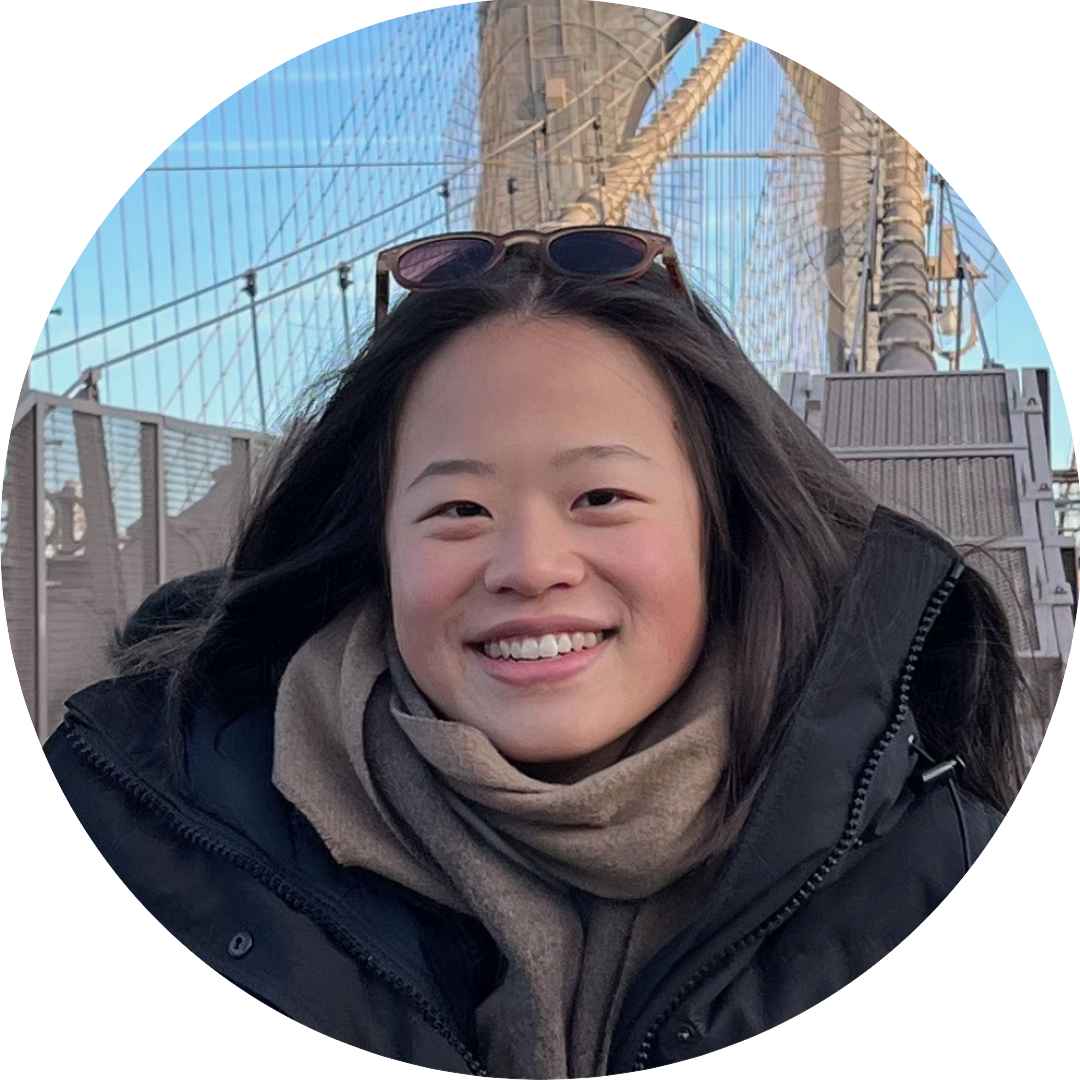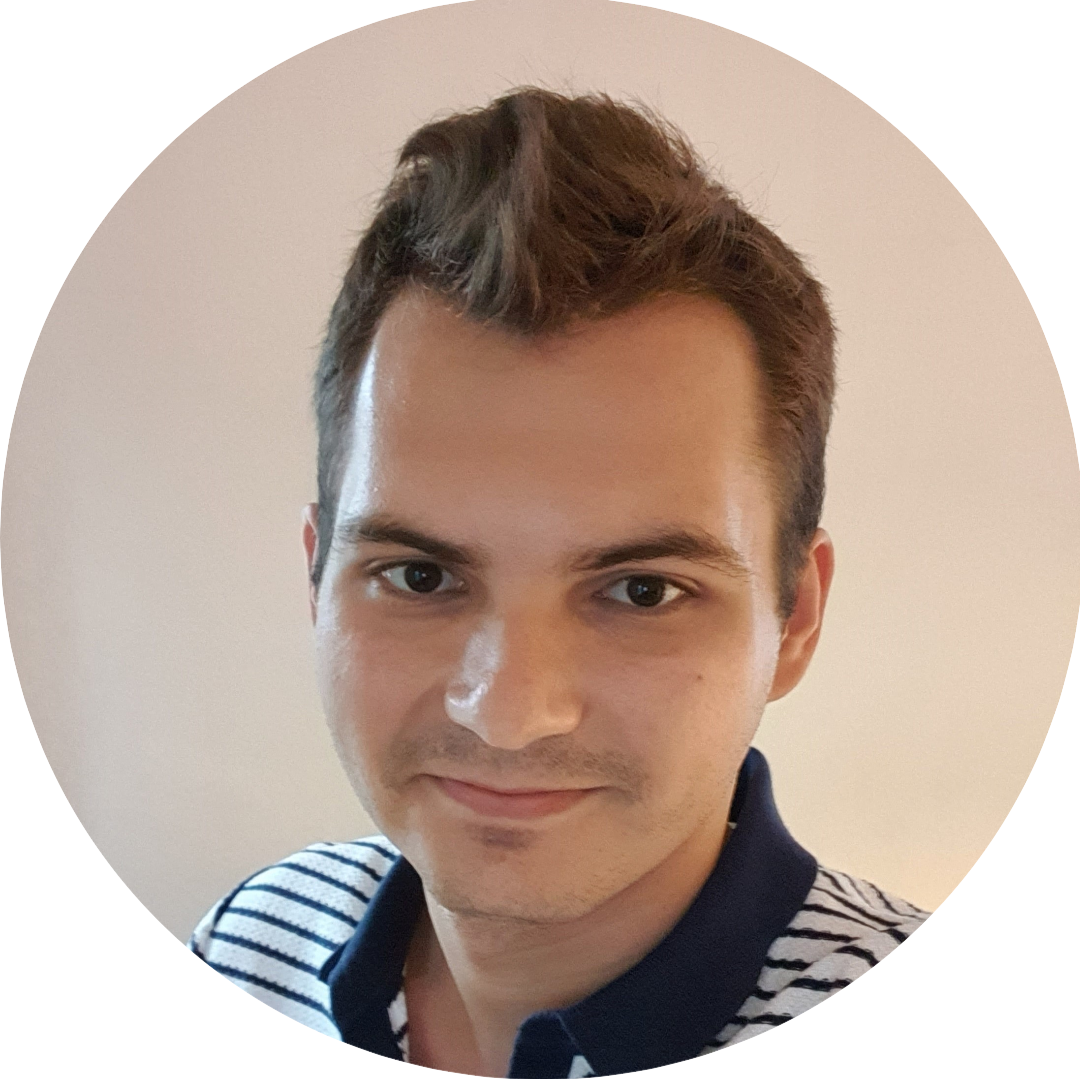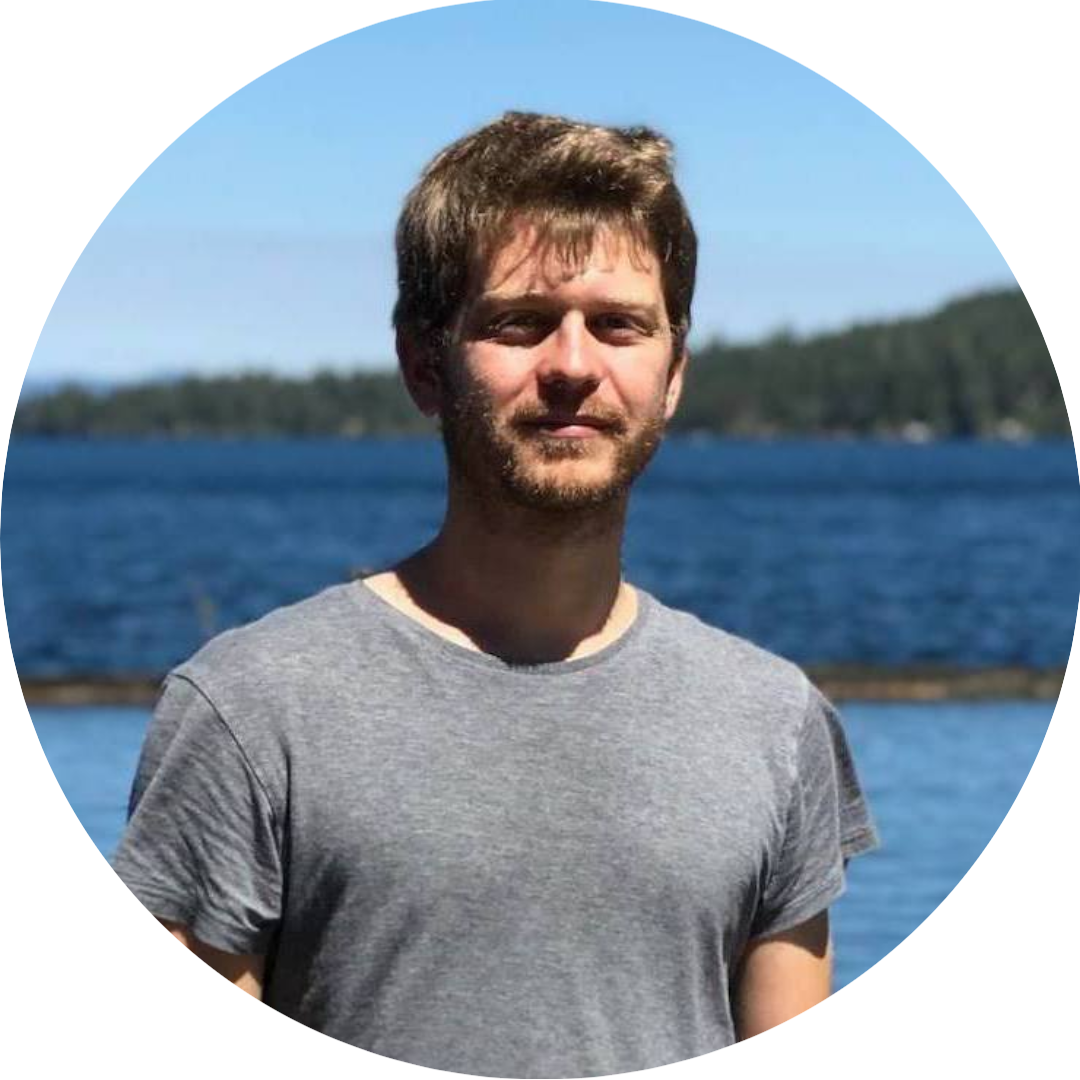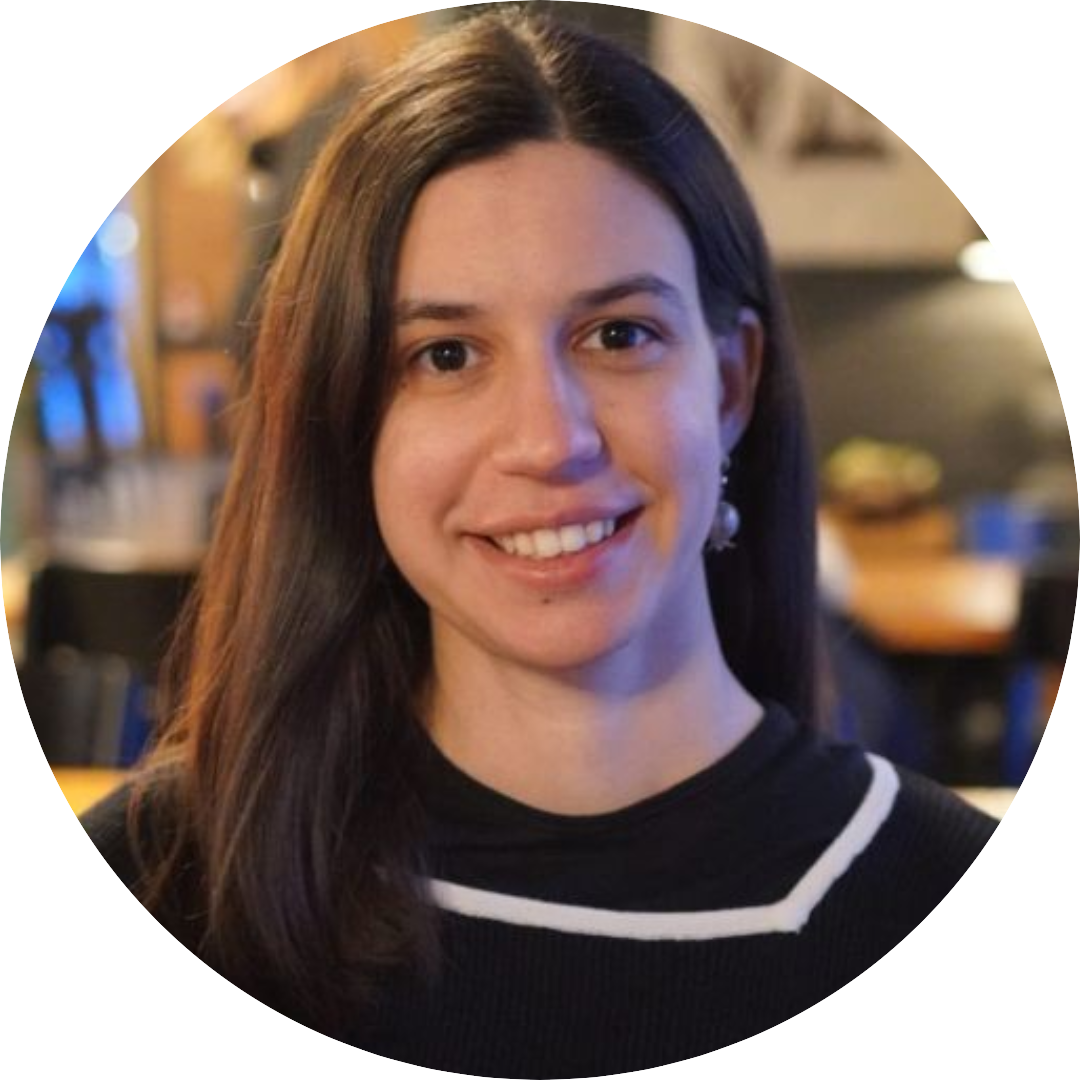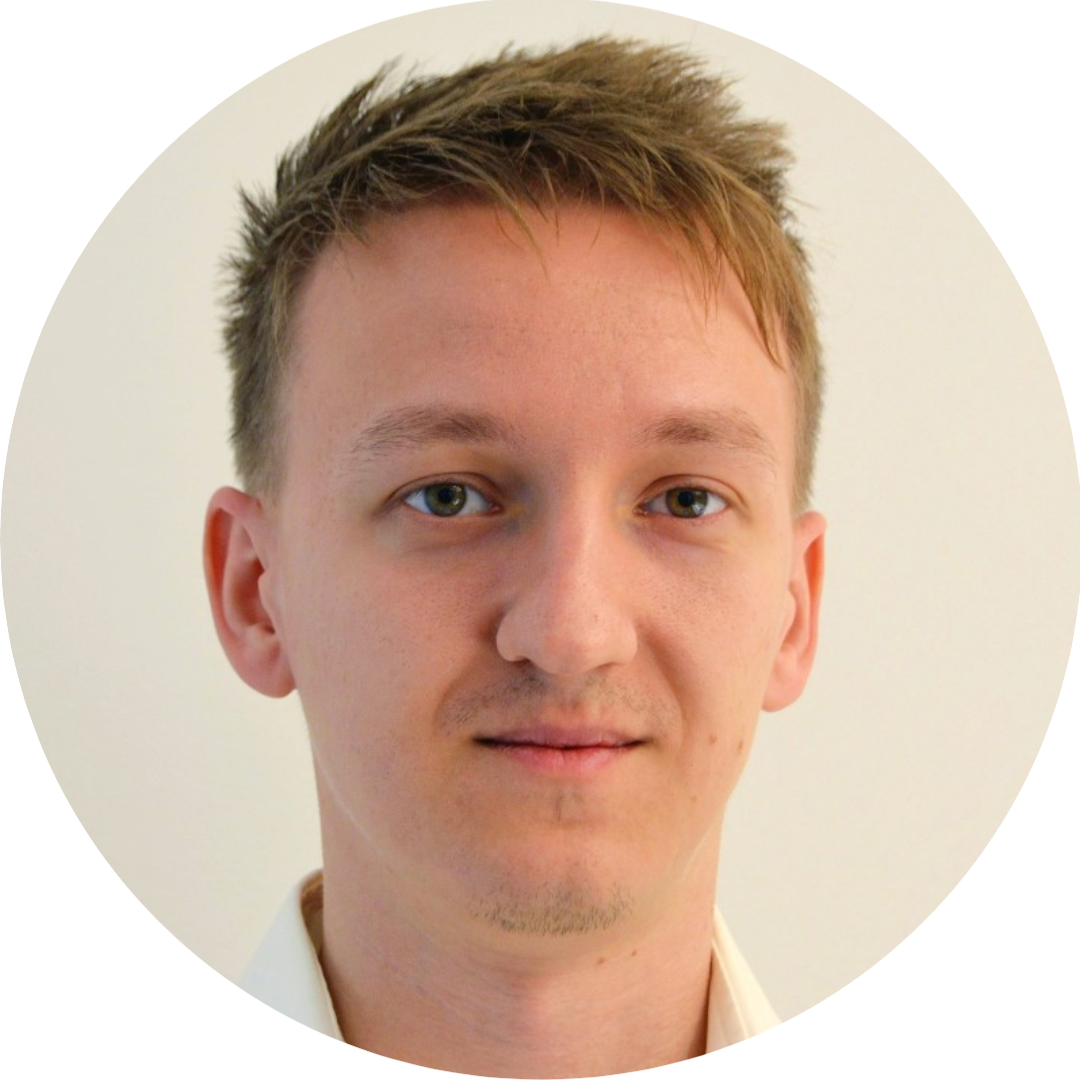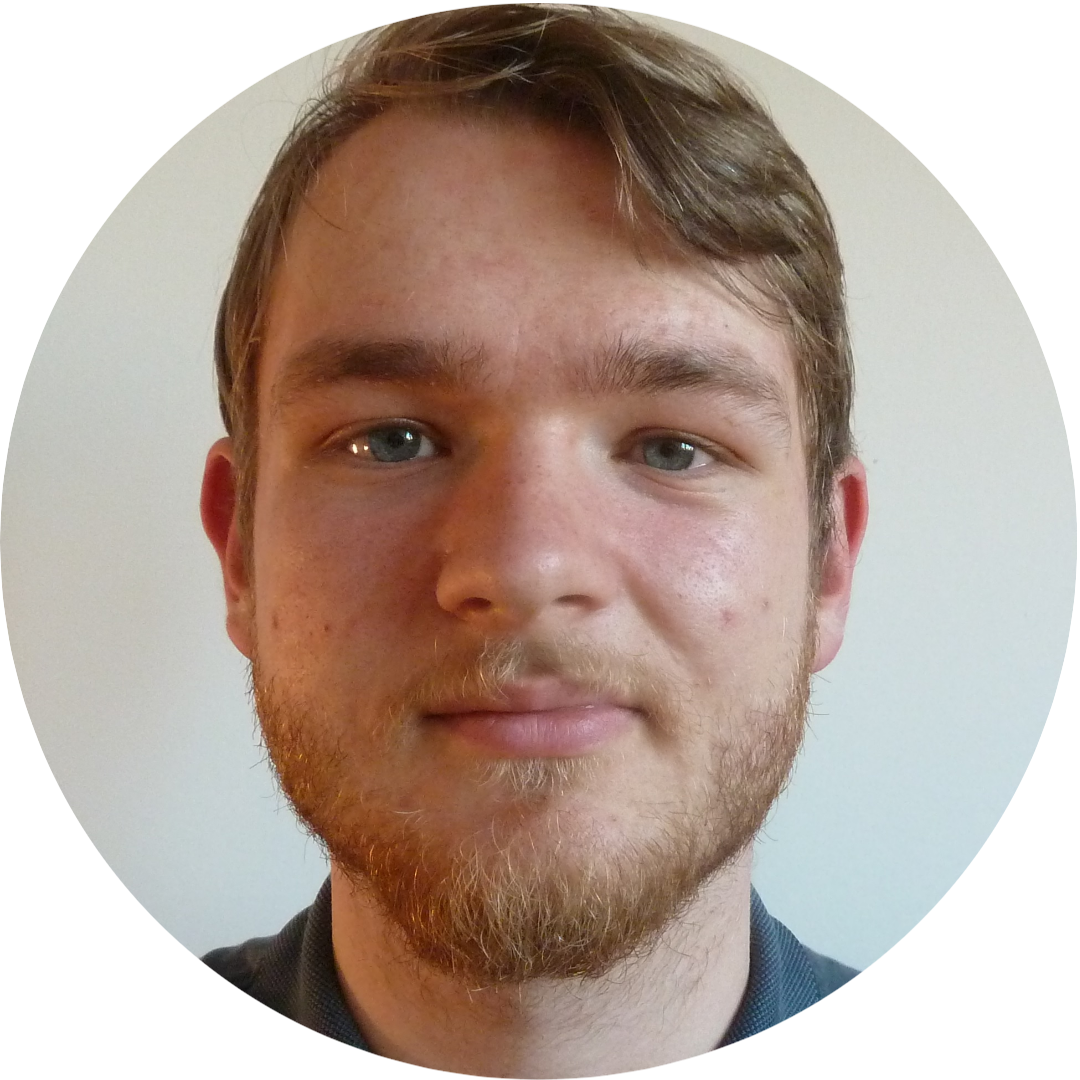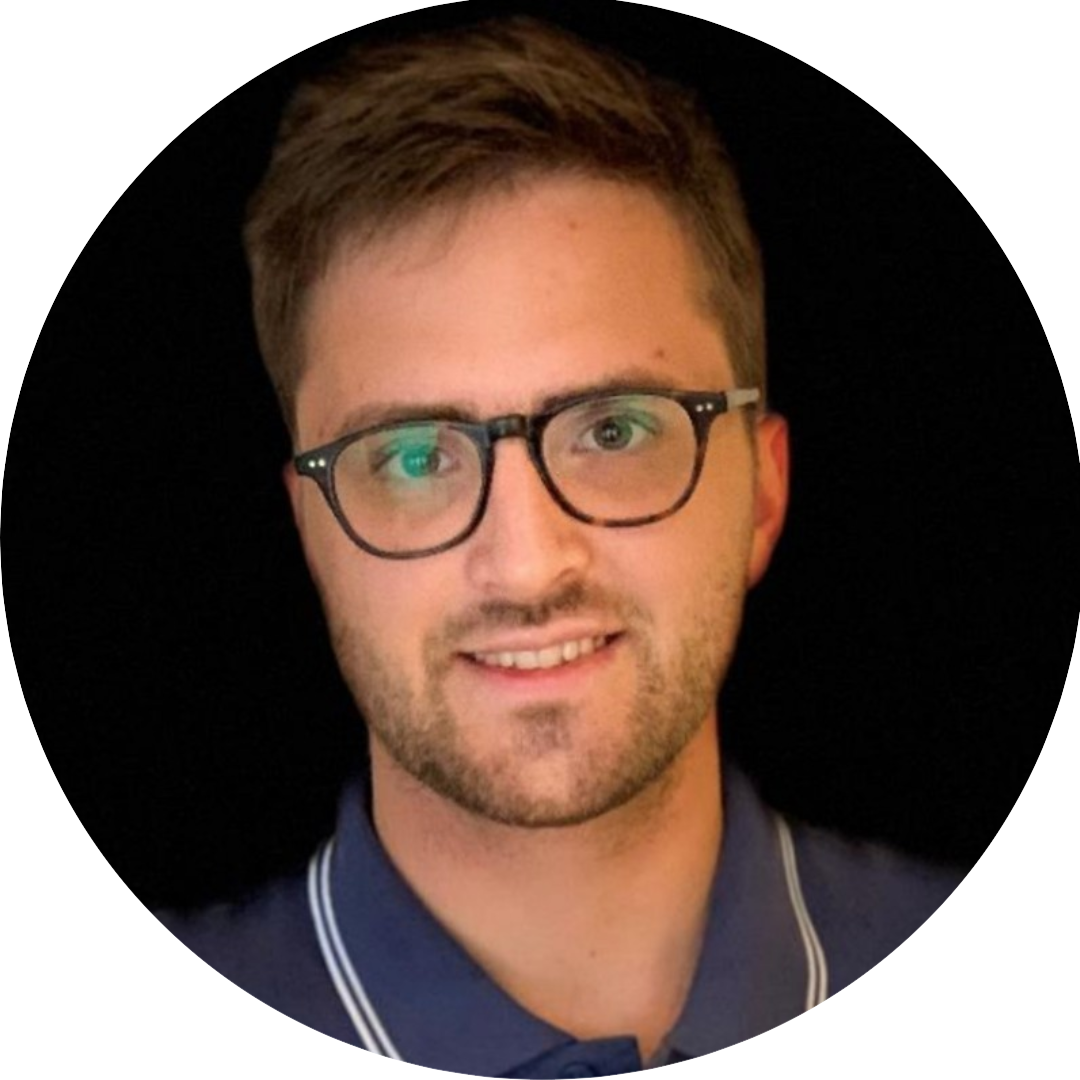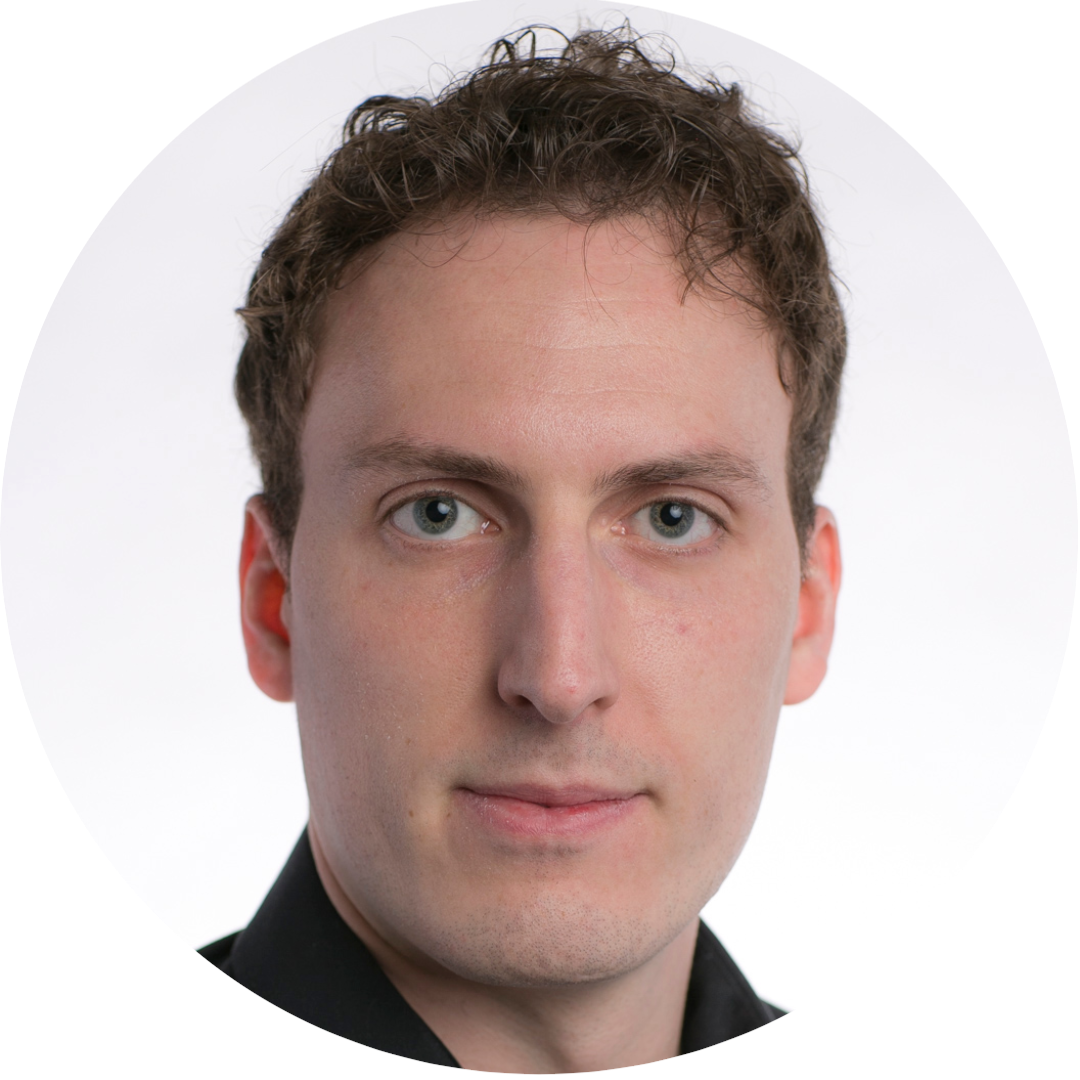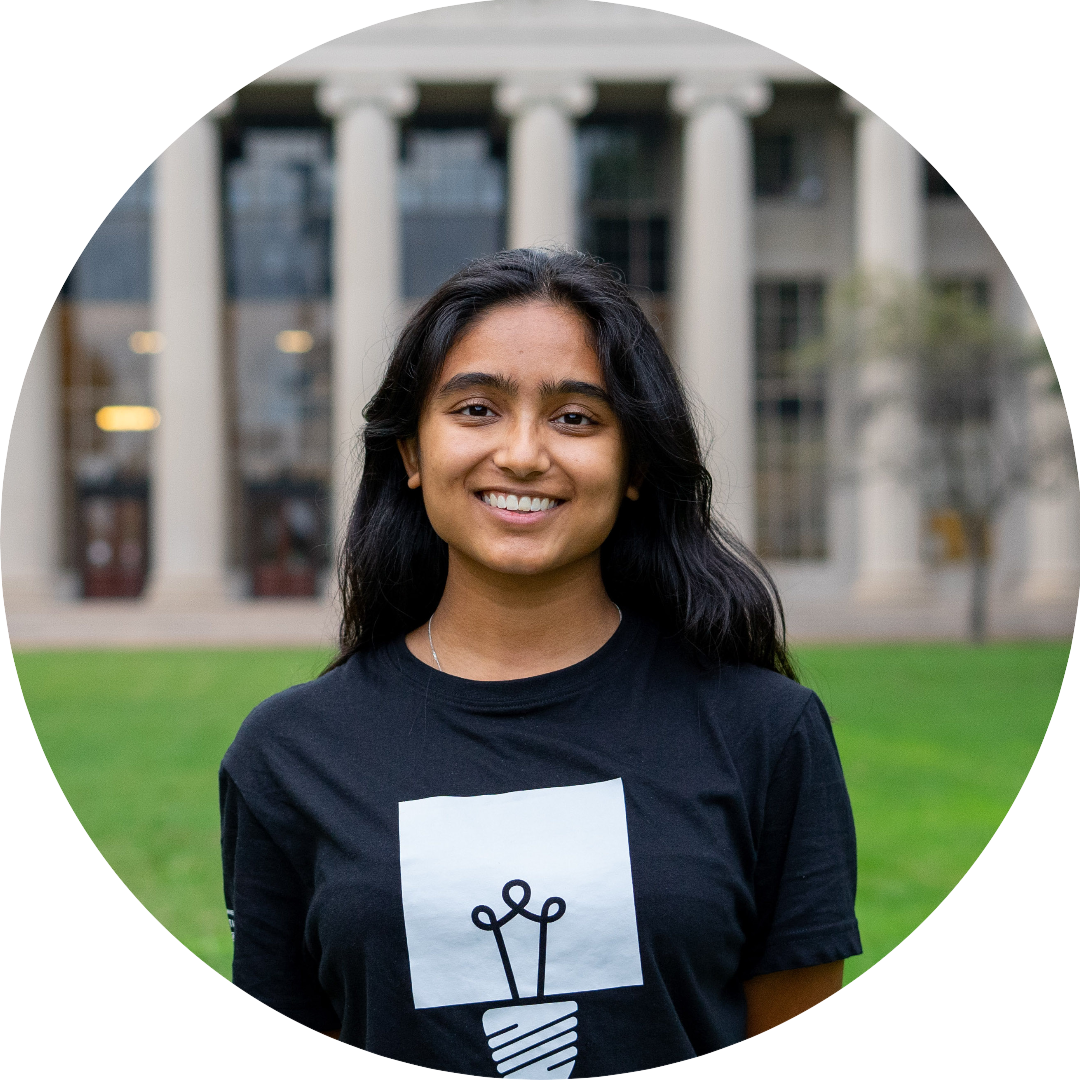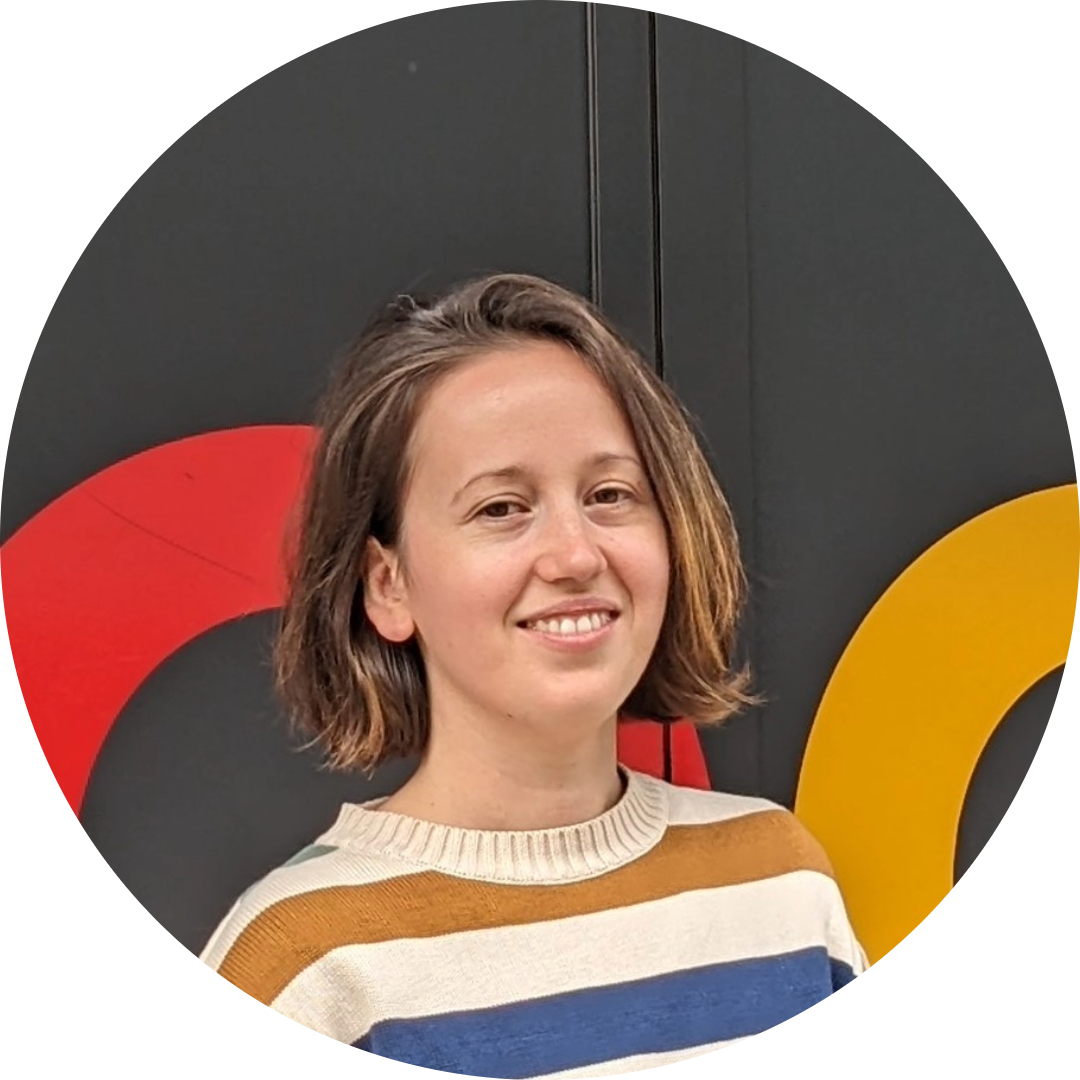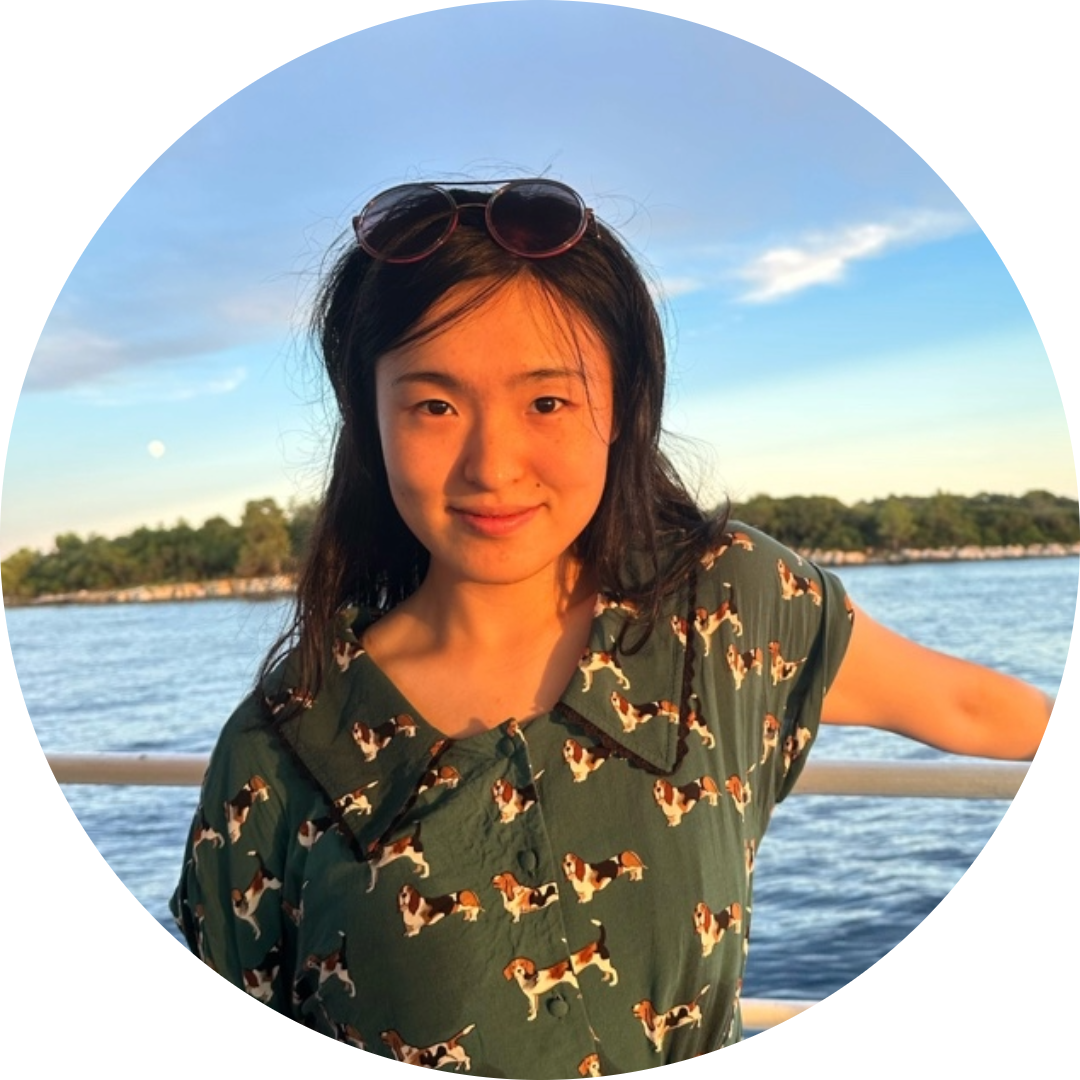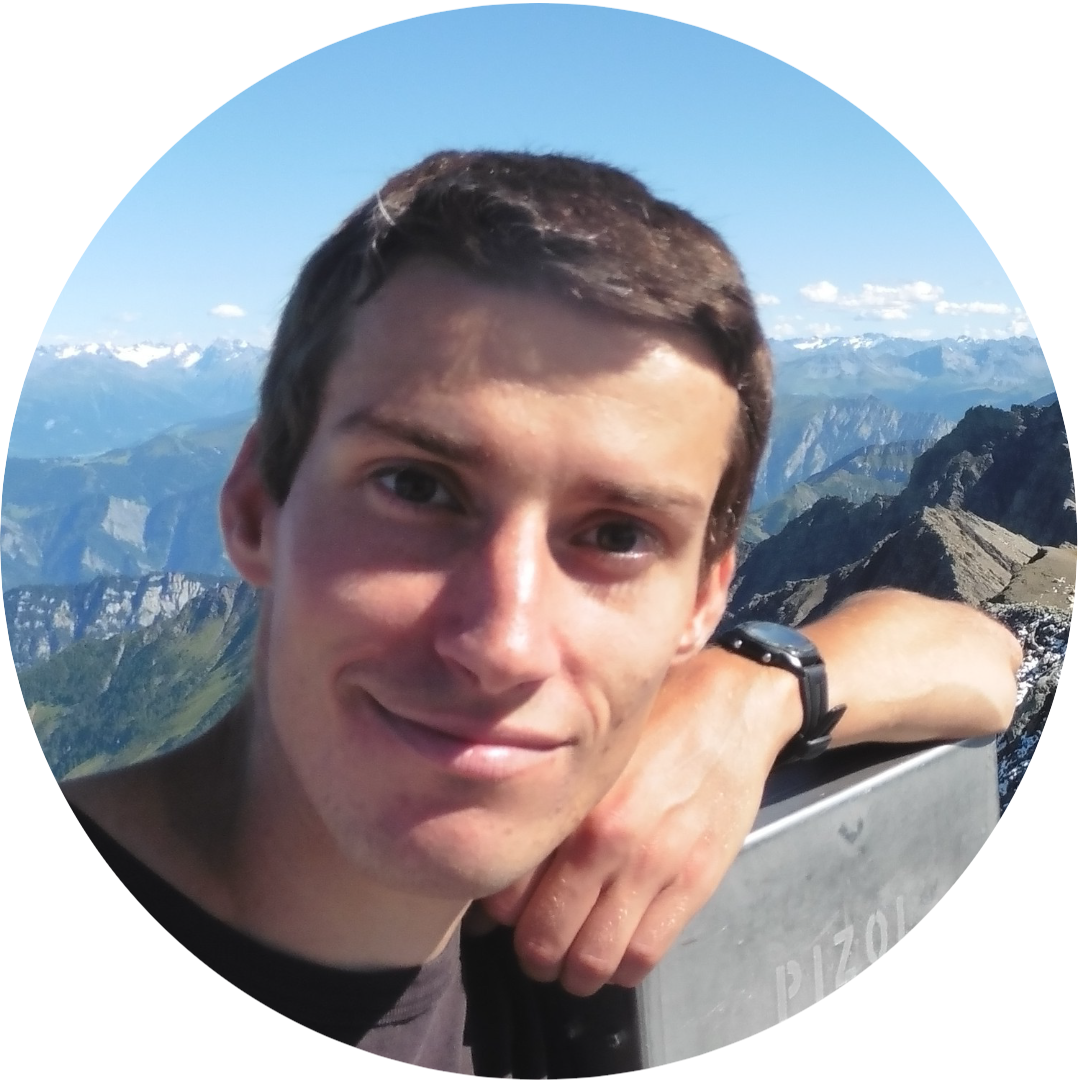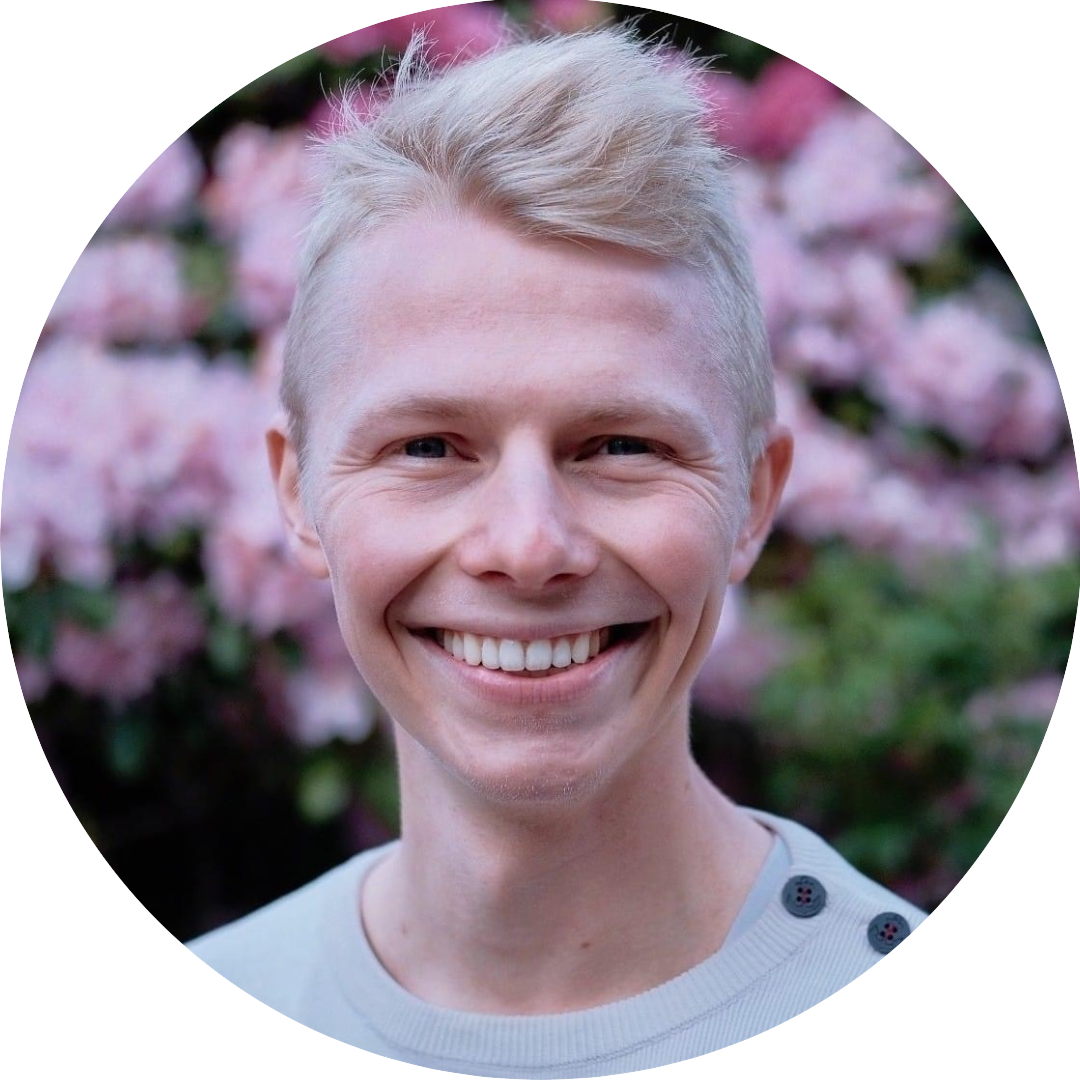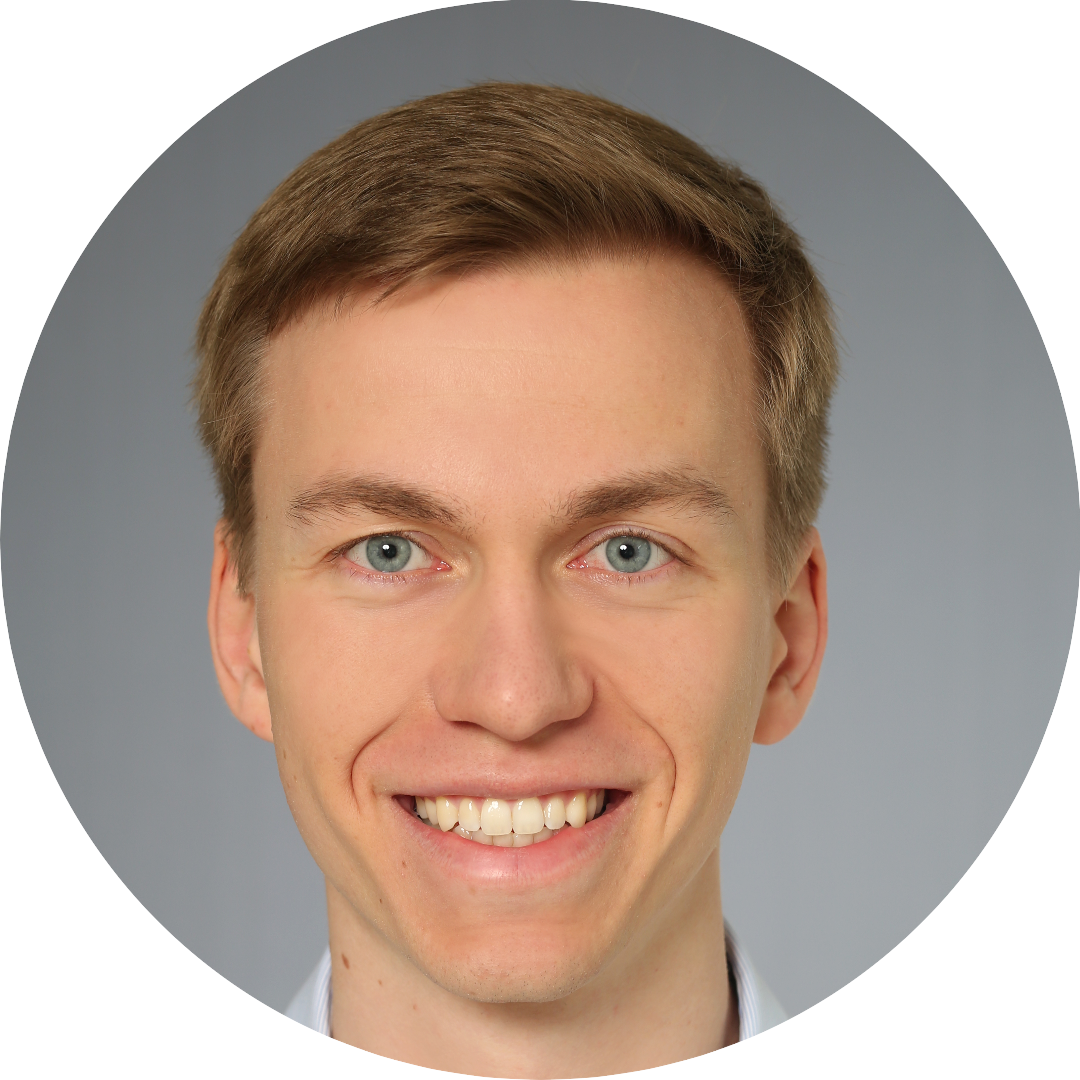
ABOUT THE WORKSHOP
COMPUTER SCIENCE FOR GIRLS
A free one-day workshop for underrepresented collectives in Computer Science.
We want to encourage more women and underrepresented collectives to become part of the exciting world of Computer Science.
WORKSHOP
Are you between 14 and 18 years old and curious about computer science? We have good news for you: we are holding a one-day workshop for beginners, in which you will write your first Computer Vision application in Python.
BONUS PRESENTATIONS
During the workshop breaks, we will
give you the opportunity to listen to
presentations by underrepresented collectives in the computer science field,
providing you with information about their journey and their experiences.





CURIOUS?
Are you a curious individual with an
eagerness to learn new things? During the workshop, you will be given a glimpse into the blooming field of computer science, with a special focus to empower underrepresented collectives to learn in a safe and comfortable environment.
COMPUTER VISION
Do you want to create your first artificial
intelligence application in Python? During
our workshop, you will use computer vision to derive meaningful information from images and videos and take actions based on that information. You could maybe detect objects or recognize your own actions?
COMPUTER SCIENCE
Computer science is the study of how to manipulate,
manage, transform and encode information. This includes the theory, design, development, and application of software systems. Computer scientists design and analyze algorithms to solve problems and study the performance of computer hardware and software.


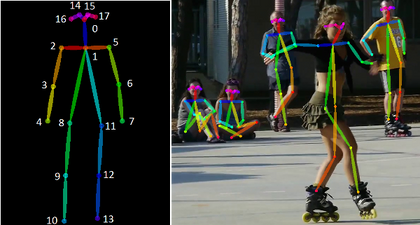



Apply for the workshop!
Did we spark your curiosity? Are you
interested in joining us? Then apply for the workshop now. We hope to see you in August.

DO YOU WANT TO BECOME A SPONSOR?
We couldn 't be here without the support of amazing people and organisations who have donated money, knowledge and time to help us make this happen. If you would like to contribute and support our cause, please get in touch.
Aug 26
8.30 - 9.00 am
Registration & Welcome
9.00 - 9.30 am → SuperGirls Talk
9.30 - 11.00 am → Workshop
11.00 - 11.30 am → SuperGirls Talk
11.30 - 12.30 am → Lunch
12.30 - 13.00 pm → SuperGirls Talk
13.00 - 14.00 pm → Workshop
14.00 - 14.30 pm → Coffee & Networking
14.30 - 15.30 pm → Workshop
15.30 - 16.00 pm → SuperGirls Talk
Closing Act

Schedule + FAQ
FAQ
Do I need to know how to program in advance?
No. This workshop is for beginners. You don 't need to know anything in advance. In case you have already some programming skills, you can still apply.
Do I need to bring my own laptop?
Yes. We don 't have hardware, so we expect you to bring your laptop with you. It is very important to us that you are able to take home everything you write and create during the workshop.
Do I need to have anything installed on my laptop?
Yes. There will be an installation party so that the mentors can help you to set up your PC.
I don 't speak good enough English, can I attend?
Of course! Workshops will be in German, French, Italian, or English, so if you have no trouble speaking and understanding them - you should apply. We are willing to help you!
What age group is the workshop meant to be for?
The target audience is between 14 and 18 years of age, but everyone eager to learn is welcome to join (even if you are out of the age range).

MENTORS
We are lucky enough to have some amazing people to help you create your first Computer Vision application ❤.
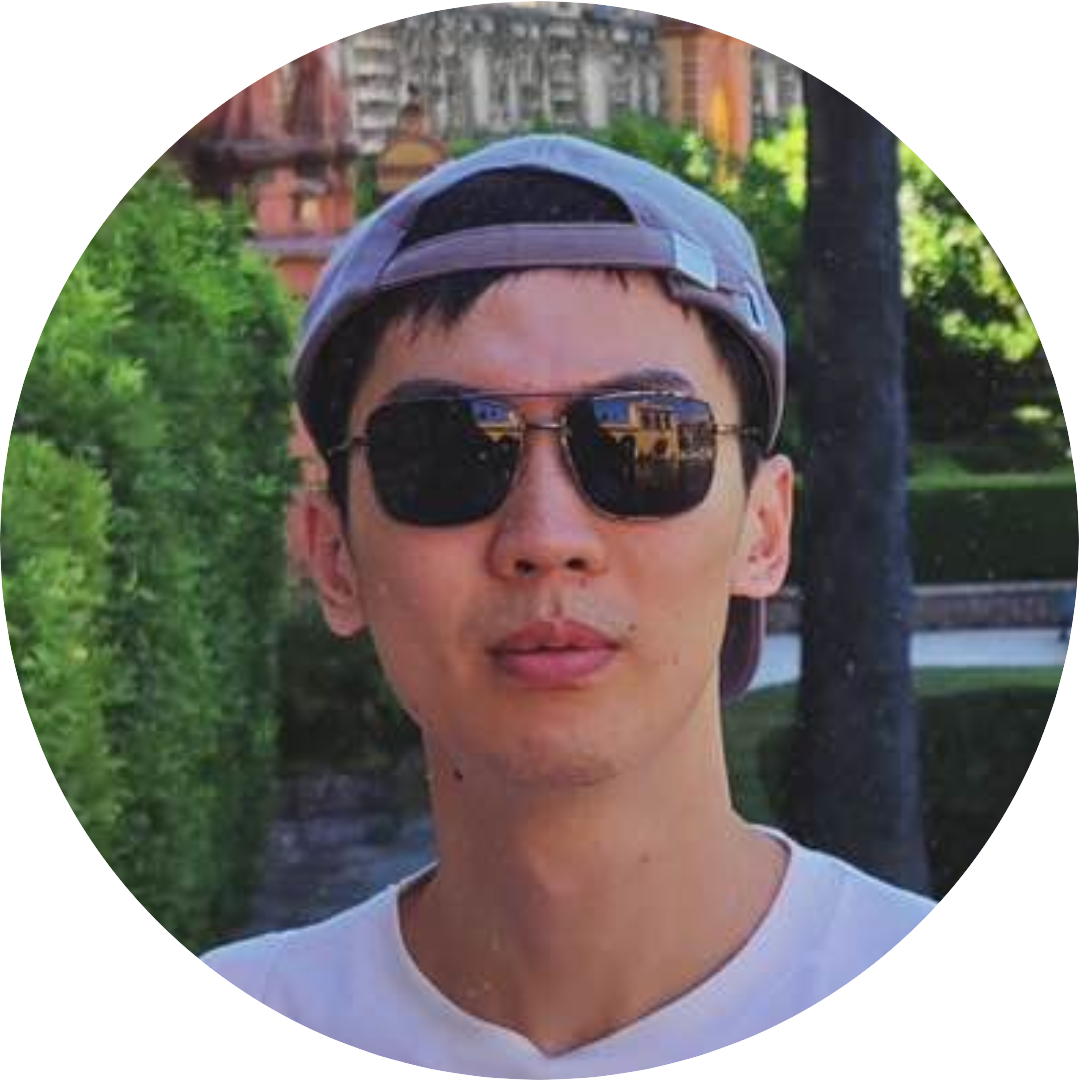
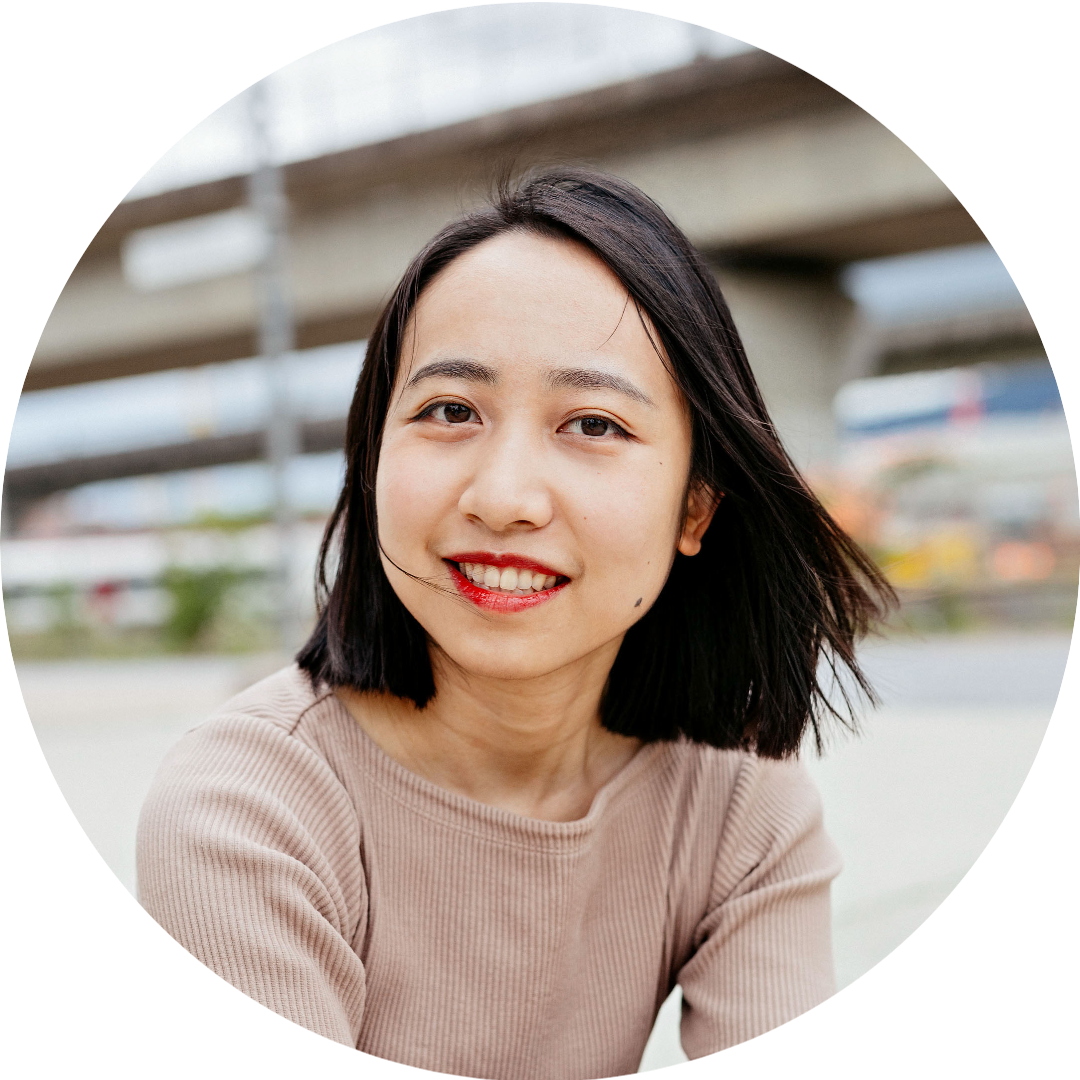
SPONSORS
GOLD SPONSORS
BRONZE SPONSOR

Participants need to follow the Django Girls Code of Conduct.
This workshop was made with love and based on the Django Girls Workshop proposal. The material used for the workshop is a modified version of the Django Girls Tutorial , so it can be distributed under the same licence, for more information you can contact the organization: Django Girls Contact .
Do you have any other questions? We will be happy to help: gcc@sympa.ethz.ch

Computer science Girls is organized by dr. zuria bauer in collaboration with the computer vision and geometry group under the direction of prof. dr. marc pollefeys .

